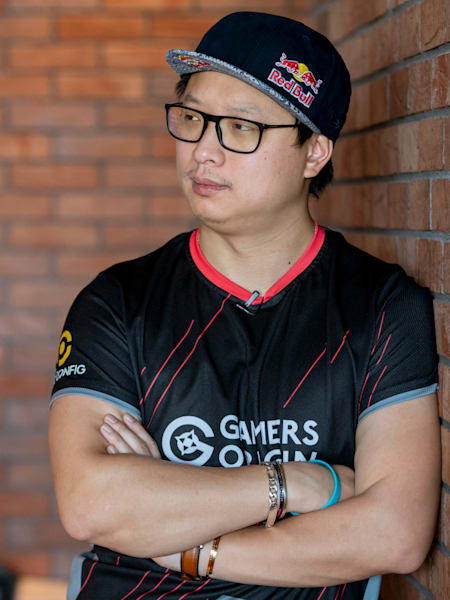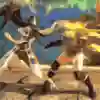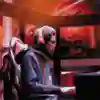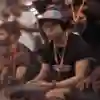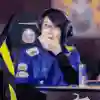Finding improvement in fighting games is a wildly complex affair. There’s no meter in Street Fighter that fills up that correlates to a player’s level of knowledge, nor is there an indicator that designates how far one is from complete control over a character’s set-ups, combos, or match-up knowledge. In a way, the development of one’s skill set is vast and endless, creating a long journey of constant milestones to celebrate. On the reverse, it’s an exercise in frustration if you aren’t aware of what methods you need to follow to get good.
Luckily, fighting game players are rarely alone, as their communities are filled with passionate people ready to assist. Instead of struggling alone, members can reach out to others for help. And there’s rarely a better helping hand than that of a professional player. Red Bull athlete Olivier ‘Luffy’ Hay is booting up his stream to provide another avenue.
It’s been a while since the Mika main has booted up Twitch. Traveling during the Capcom Pro Tour circuits made it difficult to make content, but during the current downtime between seasons, he’s dusting off the microphone to not only improve the scene, but himself.
Recognising his reach, Luffy began the replay analysis project as a free, helpful pastime. “I started up just for fun, because I have a community that follows me and loves to watch my play,” says the professional player. “Also, as I am fluent in both French and English, so I can reach a larger community.”
Being accessible for two large language groups has allowed Luffy to pour over replays from various areas, including France, UK and US regions. Because of this, his free service is booming. “It’s been pretty good so far. A lot of players sent me their replays, from the lowest to the highest level,” Luffy mentions. “We all have to learn new things to be better – even the top players.”
Checking the tapes after a match can provide massive insight as to how a crushing defeat happened, or a steamroll of a victory occurred. It’s sometimes scoffed at or avoided, but undoubtedly crucial.
“Having other people watching your replays is great as well, as they'll have another point of view, and can provide new ideas and criticise your plays,” Luffy mentions. When a replay is sent to him, he scours the battle for errors. From bad fireball placements, questioning bad decisions to get the viewer to think about the process, or proper button placement – Luffy notices it all.
And the one who sent the replay gets an in-depth guideline on how to better themselves, which holds more value than aimlessly pressing through ranked matches. From there, players can gather what they should be looking for when they begin checking their own replays. “They should be looking at their mistakes – how did they get hit – then find an answer around that headline,” says Luffy. “If they got hit by a jumping attack, they should work on their anti-airs; if they got hit by countless dash-ins, they should work on their reactions, or use option selects against it. As I always say, losing a mind game is OK, as it's a guess. But losing in a situation you can evade isn’t.”
To be good at rummaging through the matches of others, self-application is required. When Luffy dives into his own sets, he applies the same teaching process used on his clients. “I am checking my mistakes, my defensive behaviours, my offensive behaviours,” he says. “If I mixed well in my offense, if I noticed my opponent's habits, or if I took a bad option considering the risk-reward, for example, not getting thrown in a situation where being hit by a shimmy would stun me and I'd lose the game.”
Notice your mistake, then look after the different available solutions. You have to take into account the risk and reward of every solution for each situation
After gathering that data, it’s time to take things a step further – he hits the lab. “After noticing my mistakes, I go into the training mode and look for solutions. I think all professional players work that way,” Luffy says. “Notice your mistake, then look after the different available solutions. You have to take into account the risk and reward of every solution for each situation.”
As part of his current career, replay analysis is a means to an end, but one that gives prosperity to the entire community. “After five years of Street Fighter V, a lot of players have hit their plateau and need advice to go past that wall. It’s easy for pro FGC players to get strong in a fighting game, as they understand how it works quickly. Sometimes, though, just talking to a player of theory might trigger something in his or her understanding of the game,” says Luffy, who plans to help elevate the entire Street Fighter community through his efforts.
“It'll help my career, as the stronger the player base is, the stronger I can become as well by playing them. Furthermore, it might benefit me in a coaching role later on if I'm not a pro-gamer anymore.”
Be sure to download the free Red Bull TV app and catch the esports action on all your devices! Get the app here

